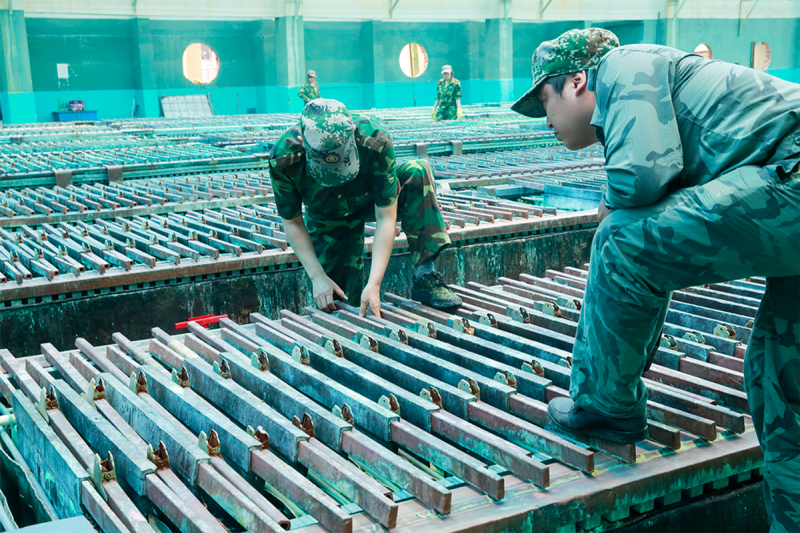In recent years, the global supply chain has been significantly impacted by China’s dominance in the production and processing of rare earth elements (REE). The reliance on China for these critical minerals has raised concerns among various countries, prompting efforts to diversify the sources of rare earths supplies. One such initiative that has gained momentum is the establishment of rare earths mining and processing facilities outside of China.
Australia, with its substantial rare earths deposits, has emerged as a key player in this global effort to reduce reliance on China for rare earths production. The country holds significant reserves of critical minerals such as neodymium, dysprosium, and praseodymium, which are essential for the manufacturing of electronics, renewable energy technologies, and defense systems. By developing its own rare earths industry, Australia aims to create a more secure and resilient supply chain for these critical minerals.
One of the challenges in reducing reliance on China for rare earths production is the lack of infrastructure and expertise in processing these minerals outside of China. Establishing a domestic rare earths processing industry involves significant investment in facilities capable of separating and purifying rare earth elements, a process that requires specialized knowledge and technology. To address this challenge, countries like Australia are looking to partner with established rare earths producers or develop their own processing capabilities through government support and private investment.
In addition to Australia, other countries such as the United States, Canada, and Japan are also ramping up efforts to boost their rare earths production and processing capabilities. These countries recognize the strategic importance of reducing dependency on China for rare earths, particularly in light of geopolitical tensions and trade uncertainties. By diversifying the sources of rare earths supplies, these countries aim to safeguard their critical industries and ensure a stable and sustainable supply of these essential minerals.
Furthermore, the push to reduce reliance on China for rare earths production aligns with broader efforts to promote responsible and sustainable mining practices. Environmental concerns associated with rare earths mining and processing in China, including water pollution and radioactive waste disposal, have highlighted the need for more stringent environmental regulations and standards in the industry. By developing rare earths resources in countries with robust environmental regulations, such as Australia and Canada, stakeholders can ensure that the production of these critical minerals is conducted in an environmentally responsible manner.
In conclusion, the global effort to reduce reliance on China for rare earths production and processing is gaining momentum, driven by strategic considerations and environmental concerns. Countries with significant rare earths deposits are capitalizing on this opportunity to establish domestic industries that will diversify the sources of rare earths supplies and enhance supply chain resilience. By investing in processing facilities and promoting responsible mining practices, these countries are not only safeguarding their critical industries but also contributing to a more sustainable and secure global supply chain for rare earth elements.
